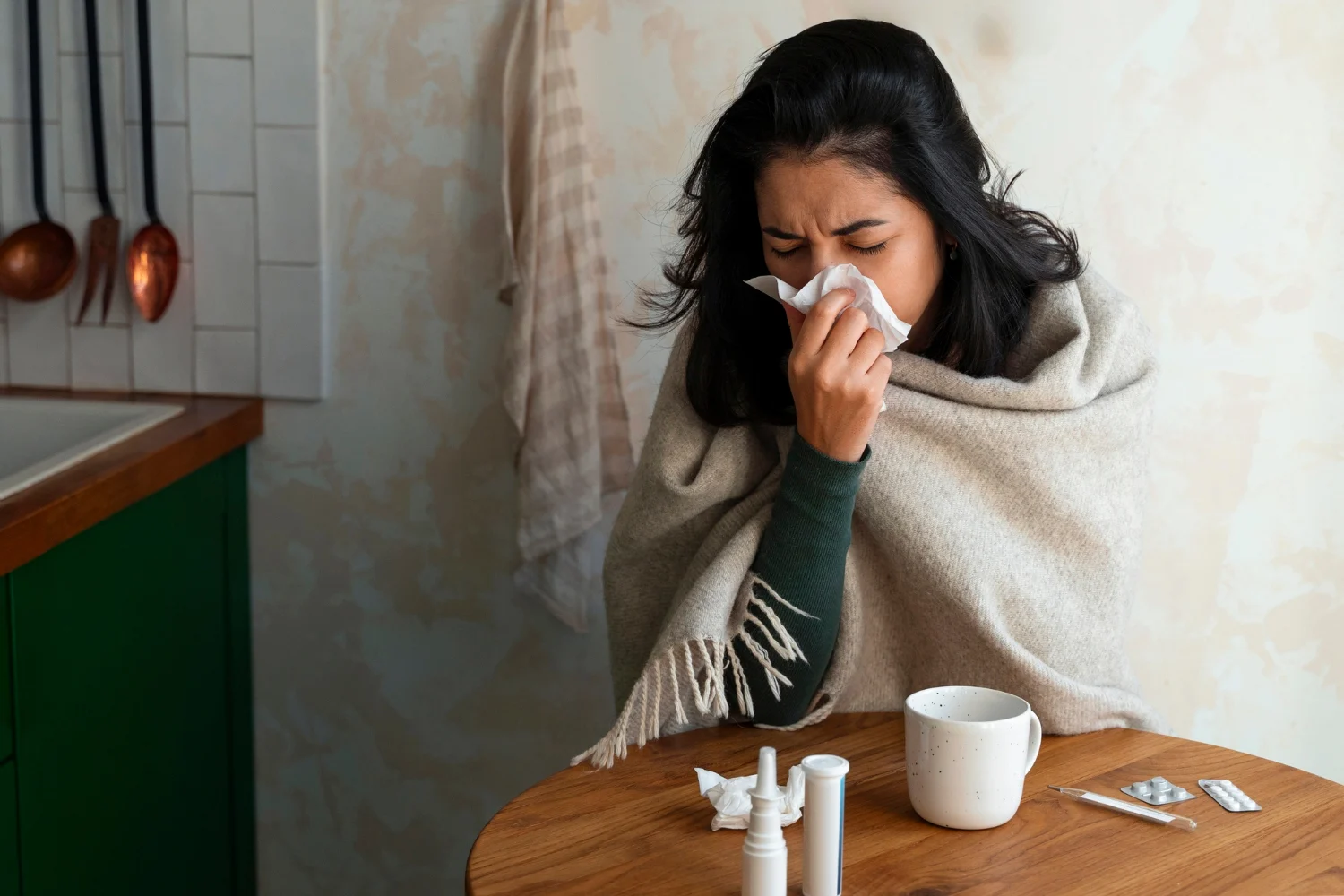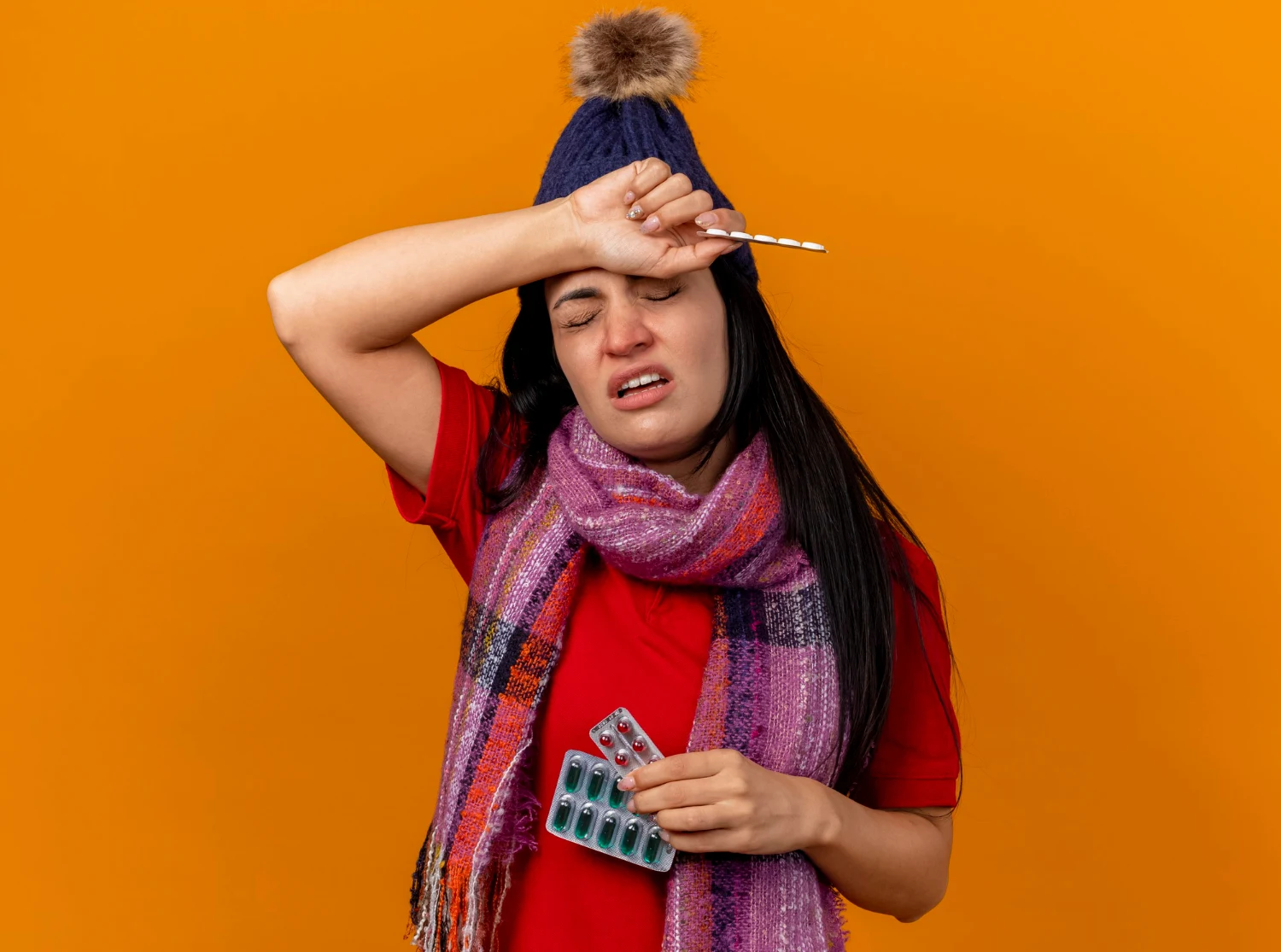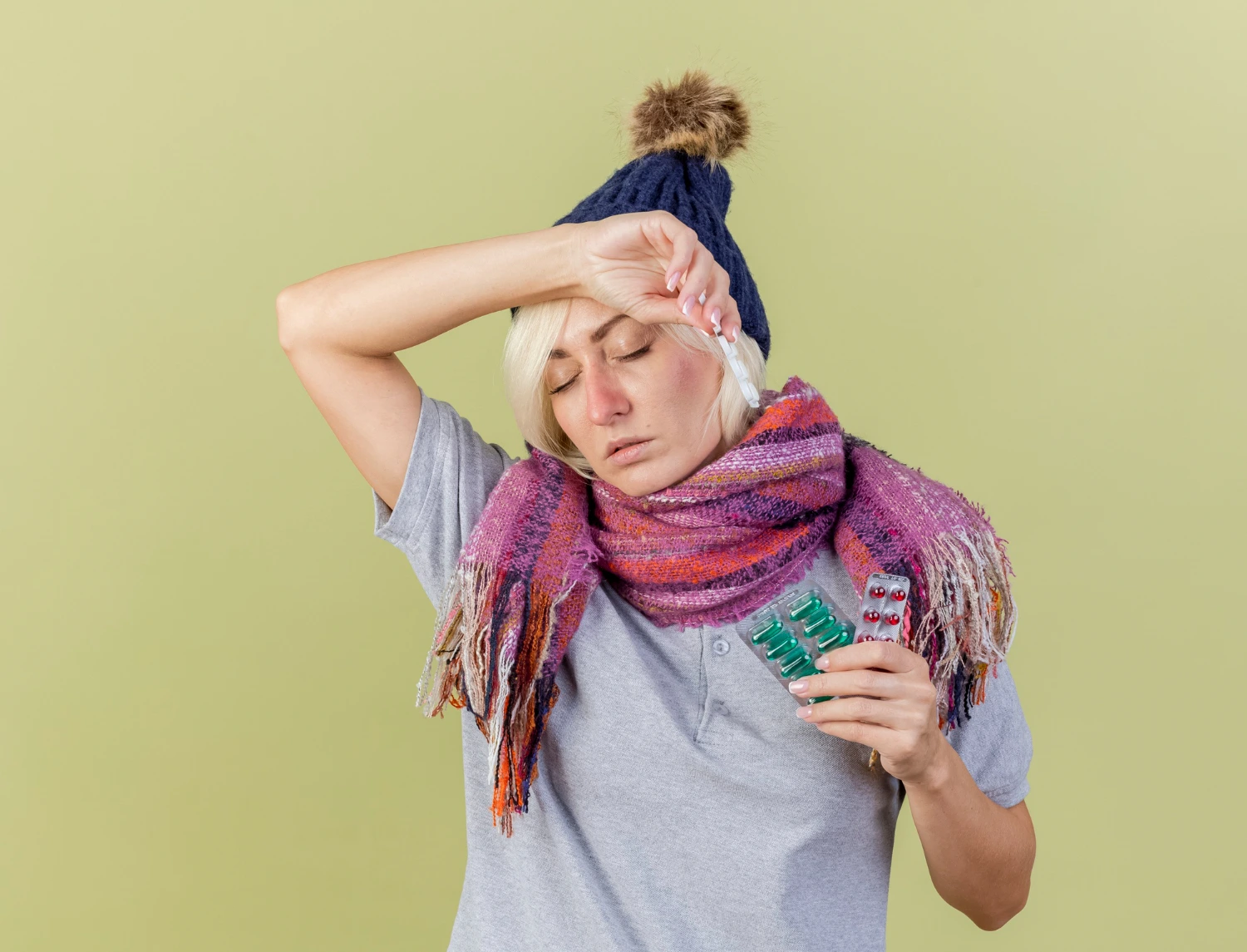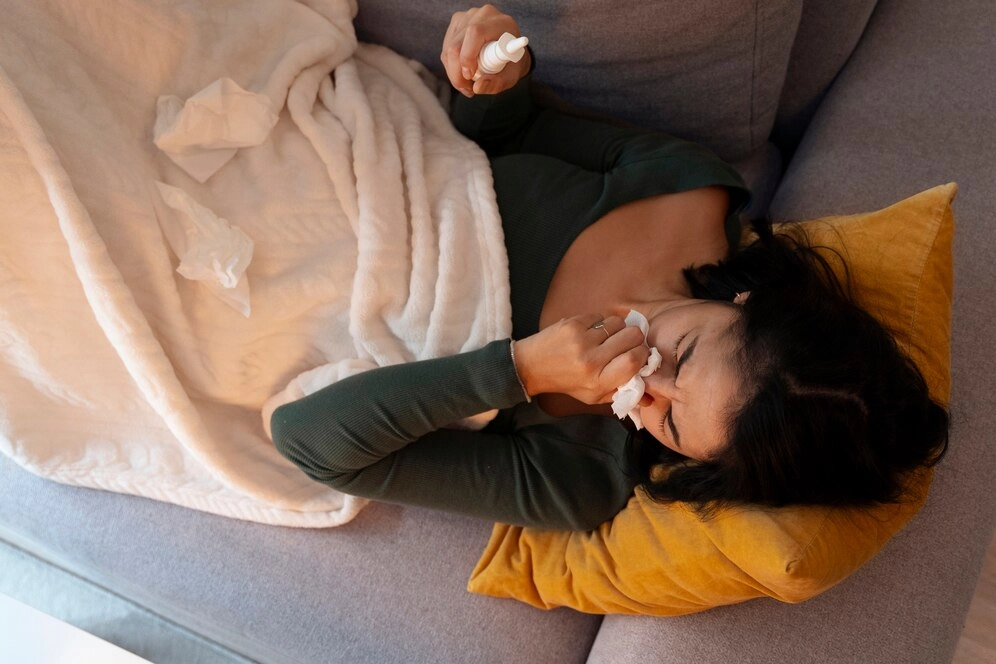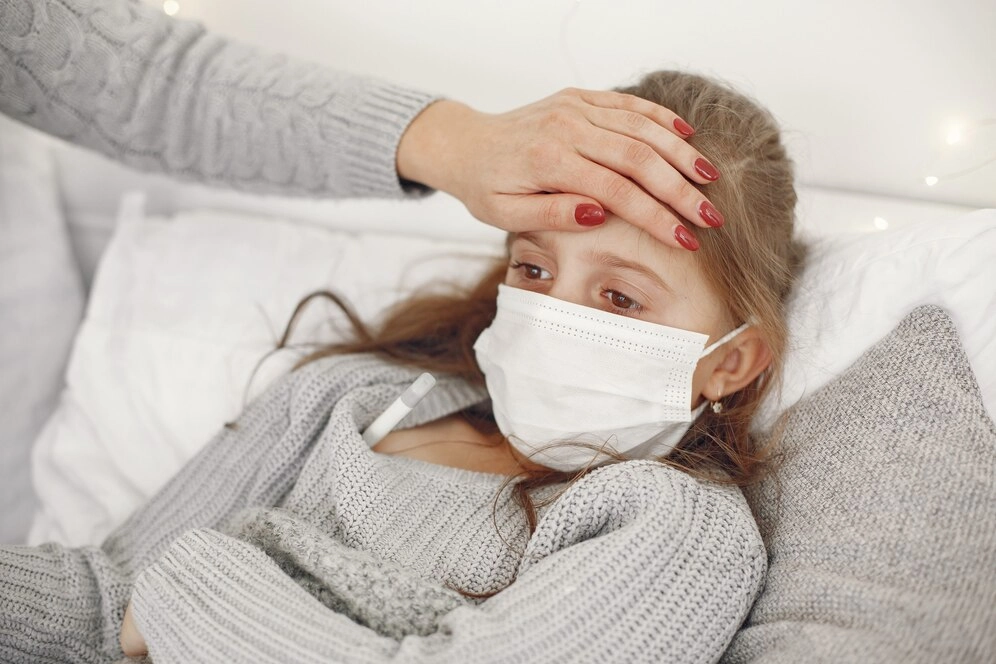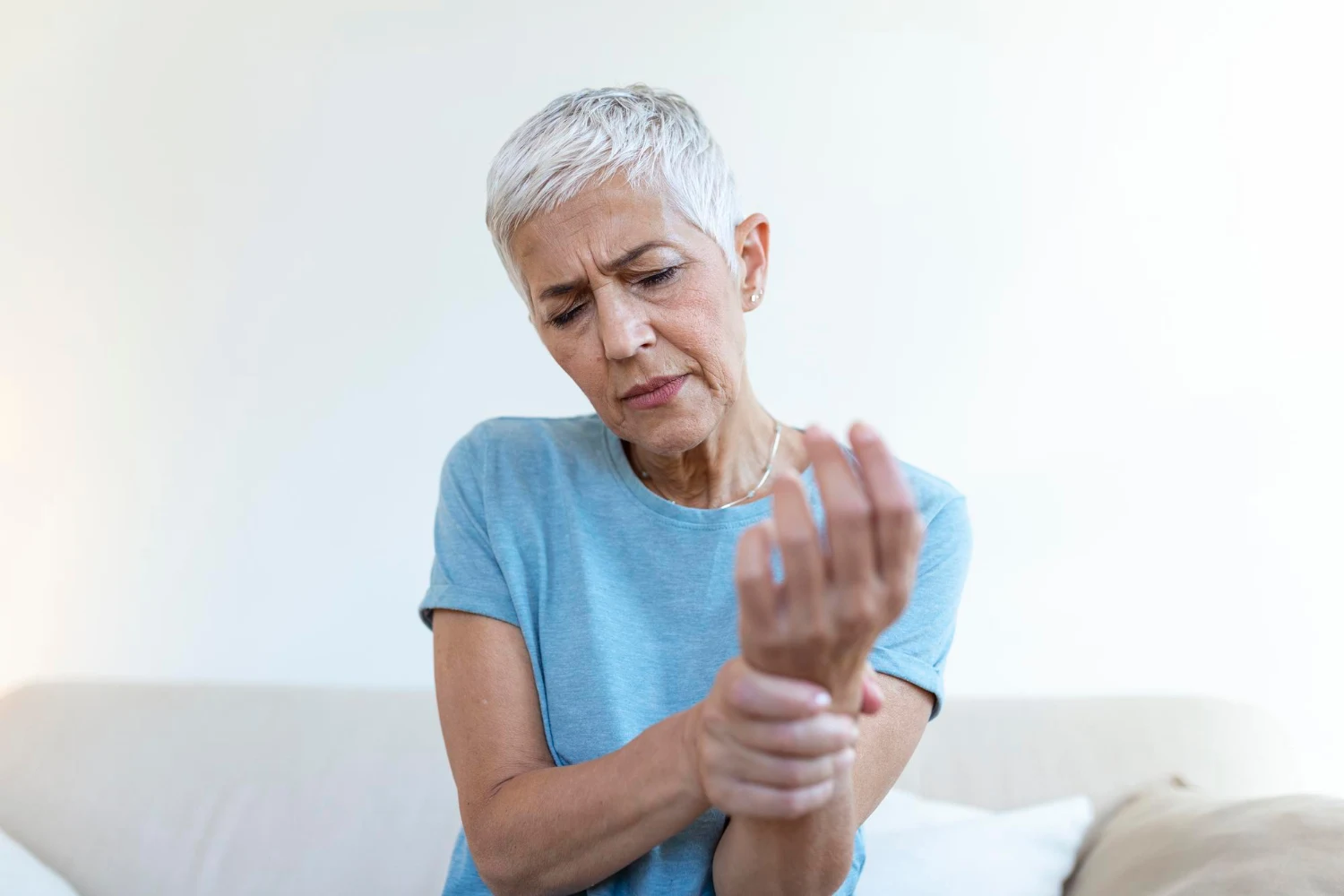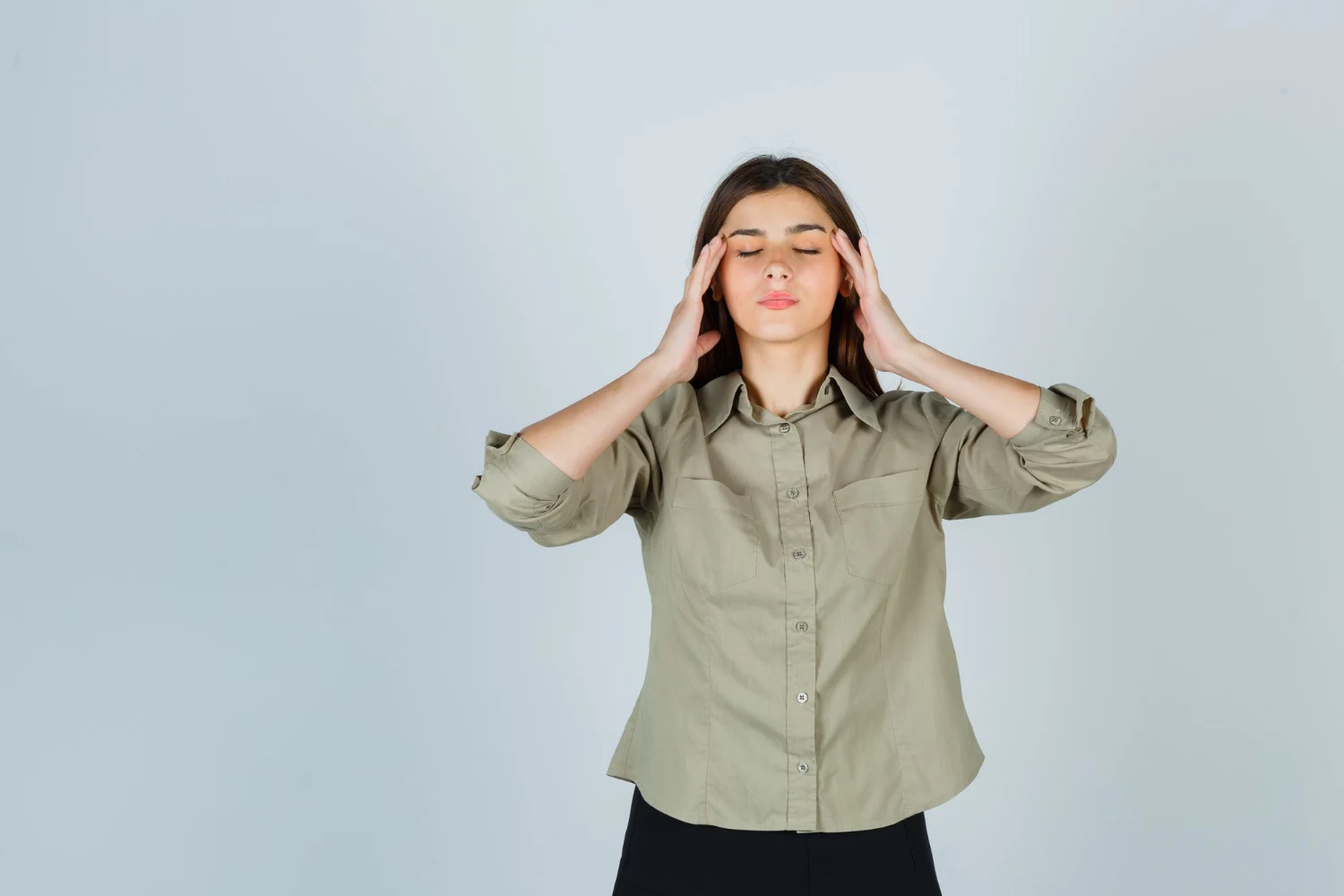Common Monsoon-Related Diseases And How To Stay Safe
Category: General medicine
Monsoon in India brings greenery, cooler weather, and the joy of rain, but it also creates conditions for several illnesses to spread. The combination of stagnant water, poor drainage, and sudden weather changes allows bacteria, viruses, and mosquitoes to thrive. Many people suffer from fevers, stomach infections, and skin problems during this season.
At Lokmanya Hospitals, we see a rise in cases every monsoon, many of which could have been prevented with the right awareness. Let’s look at the most common monsoon-related diseases, their symptoms, and how you can protect yourself
1. Dengue
Dengue is one of the most dangerous monsoon illnesses, caused by the Aedes aegypti mosquito. It usually spreads when stagnant water in flowerpots, open containers, or construction sites becomes a breeding ground. Symptoms include high fever, severe headache, joint pain, muscle pain, and rashes. If untreated, dengue can lower platelet count and cause complications.
Prevention is crucial: keep your surroundings clean, change water in containers regularly, and use mosquito repellents or nets. If you have high fever with body aches, visit Lokmanya Hospitals for immediate diagnosis and platelet monitoring, as timely care can make all the difference.
2. Malaria
Malaria, caused by the bite of the Anopheles mosquito, is another common monsoon disease. Its symptoms include recurring fever, chills, sweating, and headaches. The risk increases in areas where rainwater collects, such as roadside puddles or poorly drained areas.
To protect yourself, keep doors and windows screened, use mosquito nets, and ensure there is no stagnant water around your home. If you develop fever and chills that come and go, a blood test at Lokmanya Hospitals can confirm malaria. With early treatment, full recovery is possible and serious complications like anemia or organ issues can be avoided.
3. Chikungunya
Chikungunya is spread by the same mosquito that spreads dengue. It causes sudden fever, severe joint pain, rashes, and muscle aches. While it’s rarely life-threatening, the joint pain can last for weeks, affecting daily activities.
Preventive steps are similar to dengue stop mosquito breeding by eliminating stagnant water and protect yourself with repellents. At Lokmanya Hospitals, treatment focuses on symptom relief, hydration, and physiotherapy if needed to ease joint stiffness and pain. Early medical attention helps you recover faster and avoid long-term discomfort.
4. Typhoid
Typhoid is a bacterial infection caused by consuming food or water contaminated with Salmonella typhi. Poor sanitation and unsafe drinking water during monsoons make it more common. Symptoms include prolonged high fever, weakness, abdominal pain, constipation or diarrhea, and loss of appetite.
Prevention involves drinking boiled or filtered water and avoiding food from unhygienic sources. If you have a continuous fever lasting more than 3–4 days, consult Lokmanya Hospitals for proper testing and antibiotics. Timely treatment prevents severe complications such as intestinal perforation.
5. Cholera
Cholera spreads through food or water contaminated with Vibrio cholerae. It causes severe watery diarrhea, vomiting, dehydration, and muscle cramps. If untreated, it can lead to shock due to extreme fluid loss.
During monsoon, always drink safe water, wash fruits and vegetables thoroughly, and avoid raw street foods. Lokmanya Hospitals provides IV fluids, electrolytes, and medication to restore hydration quickly and prevent serious outcomes. Early intervention is life-saving in cholera cases.
6. Leptospirosis
Leptospirosis spreads through water contaminated with urine from infected animals, especially rats. Walking barefoot in floodwater or playing in puddles increases the risk. Symptoms include fever, headache, muscle pain, red eyes, and sometimes jaundice. Severe cases may affect the liver, kidneys, or lungs.
Wear protective footwear during heavy rains, avoid flooded areas, and seek early medical attention for unexplained fever and muscle pain. Lokmanya Hospitals provides quick diagnosis and treatment to prevent organ damage.
7. Viral Fever
Viral fevers are extremely common during monsoon due to sudden weather changes. Symptoms include moderate to high fever, sore throat, runny nose, headaches, and body aches. In most cases, viral fever resolves in 3–5 days with rest, fluids, and basic medication.
However, if fever persists or symptoms worsen, it could be a sign of dengue, malaria, or another infection. At Lokmanya Hospitals, doctors can determine the exact cause and ensure timely care.
8. Gastroenteritis
Gastroenteritis, commonly called stomach infection, is caused by bacteria, viruses, or parasites from contaminated food or water. It leads to diarrhea, vomiting, stomach cramps, fever, and dehydration.
To prevent it, drink only boiled or filtered water, eat freshly prepared food, and wash your hands before eating. If you experience severe diarrhea or dehydration symptoms, visit Lokmanya Hospitals for rehydration therapy and proper medication to prevent complications.
Prevention Tips for Monsoon Diseases
- Drink only boiled or filtered water.
- Avoid raw or street food during rains.
- Keep surroundings free from stagnant water.
- Use mosquito repellents and nets.
- Wear protective footwear in flooded areas.
- Wash hands regularly with soap.
- Eat freshly cooked, hygienic food.
Why Choose Lokmanya Hospitals?
Lokmanya Hospitals is trusted by families across Pune for safe, reliable, and timely treatment during the monsoon. Our expertise ensures that every patient receives comprehensive care for seasonal diseases.
- Expert Specialists – Experienced doctors for dengue, malaria, typhoid, viral fever, and more.
- Advanced Diagnostics – Rapid and accurate tests for early detection.
- 24x7 Emergency Care – Immediate treatment for severe or urgent cases.
- Hygienic Environment – Infection-controlled facilities for safe recovery.
- Patient-Centric Approach – Personalized care plans for every patient.
At Lokmanya Hospitals, your health and safety remain our priority throughout the monsoon season.
Conclusion
The monsoon season is a time of beauty and relief, but it also brings health risks that cannot be ignored. Awareness, hygiene, and preventive care are your best defenses against common seasonal illnesses. Timely diagnosis and treatment ensure faster recovery and prevent complications. By taking simple precautions and seeking expert medical care when needed, you can enjoy the rains without worry.
FAQs
Q1. What are the most common monsoon-related diseases in India?
The rainy season increases the risk of dengue, malaria, chikungunya, typhoid, cholera, leptospirosis, viral fevers, and gastroenteritis. These diseases are caused by contaminated water, food, or mosquito bites. Being aware of symptoms like persistent fever, stomach upset, or joint pain can help you seek timely treatment. Lokmanya Hospitals offers diagnosis and treatment for all these conditions under one roof.
Q2. How can I prevent mosquito-borne diseases during monsoon?
To prevent mosquito-borne diseases like dengue and malaria, keep your surroundings clean and remove stagnant water where mosquitoes breed. Use mosquito nets while sleeping, apply repellents on exposed skin, and wear long-sleeved clothes. Keeping doors and windows closed during evenings also helps. At Lokmanya Hospitals, we stress that prevention at home is as important as timely treatment.
Q3. When should I see a doctor for fever during monsoon?
If you have a fever lasting more than 2–3 days, or if it’s accompanied by severe headache, rashes, weakness, or stomach upset, visit a doctor immediately. Some dangerous monsoon diseases start with mild fever but can worsen quickly. Lokmanya Hospitals provides tests for dengue, malaria, typhoid, and other illnesses to ensure timely care.
Q4. Is it safe to eat street food during monsoon?
Street food is risky during monsoon because high humidity and poor hygiene increase the chances of contamination. Water-borne diseases like cholera, typhoid, and gastroenteritis are often linked to unhygienic food. Eating home-cooked meals and freshly prepared snacks is the safest option during the rainy season.
Q5. Can viral fever turn into dengue or malaria?
Viral fever doesn’t turn into dengue or malaria, but their symptoms can be similar fever, headache, and weakness. This is why people often mistake one for the other. A proper blood test is the only way to confirm the diagnosis. Lokmanya Hospitals offers quick tests so that the right treatment can start immediately.
Q6. How does monsoon increase the risk of water-borne diseases?
During monsoon, heavy rains can cause flooding, which mixes sewage with drinking water sources. This contaminated water spreads bacteria like Salmonella and Vibrio cholerae, causing typhoid, cholera, and stomach infections. Using filtered or boiled water and practicing good hygiene are the best defenses.
Q7. How to protect children during monsoon?
Children are more vulnerable to infections due to weaker immunity. Give them only boiled or filtered water, avoid letting them play in rainwater, and ensure they wash hands regularly. Keep their vaccinations updated. If they develop fever, stomach upset, or rashes, consult Lokmanya Hospitals promptly.
Q8. Which hospital is best for monsoon-related disease treatment in Pune?
Lokmanya Hospitals is one of the trusted names for monsoon-related illness treatment. With experienced doctors, advanced diagnostic facilities, and 24x7 emergency care, patients receive the right treatment at the right time.

